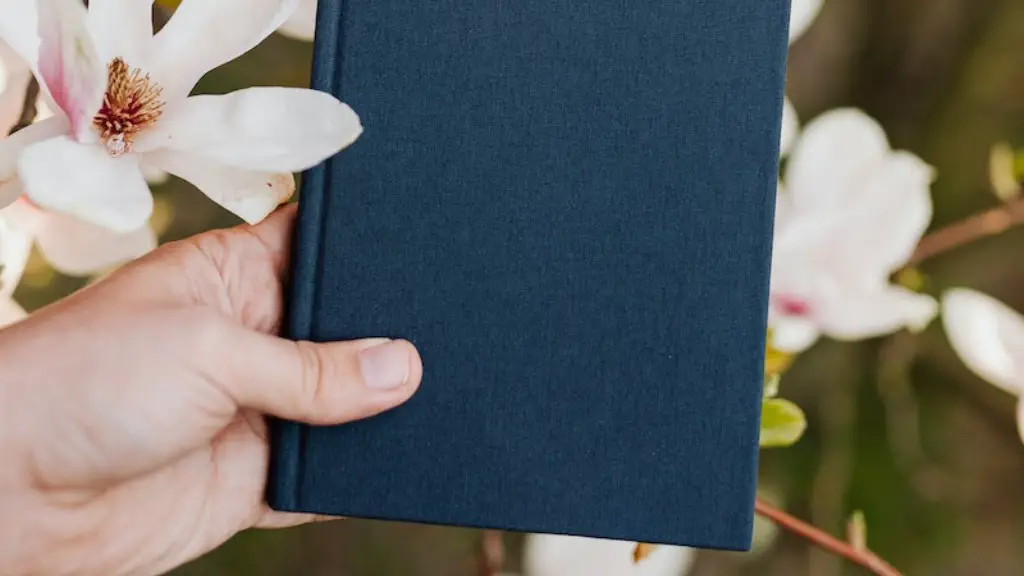If you have penned a few poems and are now thirsting for a platform to showcase your work to a wider audience, submitting them to leading literary journals can be a great option. Publishment of your poems can bring much desired critical recognition and a wonderful career in literature. However, it is essential to note that there is an entire process of getting poetry published. It involves understanding the poet’s rights, knowing the processes of submitting your poem and the basics of publication policy. Additionally, It is pertinent to know where to submit your poem for publication.
Writers need to ensure that the journal of their choice is accepting submissions. Literary magazines rarely re-open submission calls that have been closed once, making this more than an important step. To ease the process, there are plenty of websites that accept submissions, some of which are free. Poetry journals such as Poets & Writers and The Writer ReSource, found on their respective websites can be helpful in finding venues and markets for publication. Similarly, poets can also go through the Duotrope Digest or New Pages for great insight into upcoming publication opportunities.
Moving on, it is desirable to know the kind of work a literary journal is looking for and the specific submission guidelines. Once a poet has found a place for publication, he is responsible to study the submission guidelines in detail. Even though different journals may have varying requests, the typical requirements for submissions include a valid email address, brief bio and a list of previously published works. Professional journals usually are not willing to accept previously published works, hence dedicated writers are advised not to submit any poems that have been published elsewhere.
It is a great idea to also find out specific journal’s preferences on length and form. While some highly acclaimed journals have stricter rules on the number of lines in poem, others are more flexible. All the best journals come equipped with their very own etiquette. Moreover, the poets themselves should keep the submission emails concise and clear. To successfully submit poetry, writers should strive to create an engaging cover letter, describing the work in few words, followed by the poem itself. In spite of all the effort, the probability of getting accepted is still quite low, which is something all poets must know.
Preparing Yourself for Publication
To increase the chance of having your poem accepted for publication, writers need to prepare themselves. In addition to polishing your poems thoroughly, it is also important to keep an updated record. Writing up an accurate list of publications and awards with publication cite or links can impresse the editors in charge. Lastly, poets should try to engage with fellow writers, getting the word out about your work, and learn the journal’s taste for improved success in the process. Keeping track of submission deadlines and avoiding confusion can greatly ease the entire experience.
Appearance Matters
Having said, that it is also essential to understand that if accepted, your poem should be presented as vibrant and dynamic. This can be done by checking it for technical quality and maintaining consistency in format, wording and indentations. Assemble all the required elements viz a viz bio, works etc prior to submitting. Furthermore, it is recommend that all the poems be typed using a word processor, so their appearance looks professional. Although poetry submission is a competitive field, with proper preparation and adherence to the guidelines, your poem or any other piece of literature can very easily find its way to one of the leading journals.
Competition
Competition for publication of your poem does exist, in some cases it can be fierce. Even though for many already awarded and published writers the publication of their work is much easier, the ones getting the first-hand experience at the entry level often find it difficult. This is true not only because of the competition from other writers, but also because of the editors’ choices. Ultimately, it is upto the editor to make a quick decision as to what poem comes out victorious. To help them make a decision, editors use a rubric of criteria, including content, presentation, writing style and of course, what appeals to them the most. Aspiring writers must understand these criteria and make sure that their work is up to the mark and within the guidelines.
Finding Proven Success
To find proven success in writing, poets should target more than one journal. Narrowing down the list to ones with the right type of target audience is highly recommended. A poet should try to establish long-term relationship with literary journals by keeping track and responding to the editors’ emails. Being in good contact with them can help in finding many opportunities for publication in future. Finally, it is important to take no as an answer and keep trying, as even after all the hard work, your poem might still be rejected.
Making Connections
The importance of networking in the literary world cannot be emphasised enough. Connecting with other writers and poets can open up a lot of doors to publication. Besides getting exposed to diversity of poetry, one can also gain knowledge about industry contacts and trends. Moreover, it is a great way to interact with more experienced poets, who can provide advice and encouragement. Writers should try to attend regular meetings with other authors and also interact with them on social media as having a support system can strongly help in remarkably improving the quality of your writing.
Self-Publishing
The digital era has changed the way things used to work for poets, as now you can even self-publish your work, irrespective of editing screens. Poets can national or independent presses to publish collections of their poems without having to wait for acceptance, ultimately avoiding rejection. By self-publishing, authors will have full control over the process of publication and can even market their work on their own. Aspiring poets can also consider using print-on-demand services, as they are not just affordable, but also allow writers to focus on writing and revising their work.
Avoid Legally Protected Work
There are many unpublished as well as published works which are legally protected, and if used without permission, writers may find themselves in a soup. To avoid it, aspiring poets should submit their work cautiously that is not borrowed from someone else. Submitting oneself entirely to the language of one’s own making can be a great exercise, because it helps writers to bring in their own perspectives and gain confidence in their talents.
Understanding Copyright
Understanding copyright laws and contracts when submitting poetry for publication is important as it helps writers in protecting their work. One should read precisely the rights and permissions being aquired from the publishers. Agreement should be signed after taking in account the complete deliverables and rights regarding the material. Writers should also be aware of any optional fees to retain copyrights, which won’t be waived in the majority of cases.



